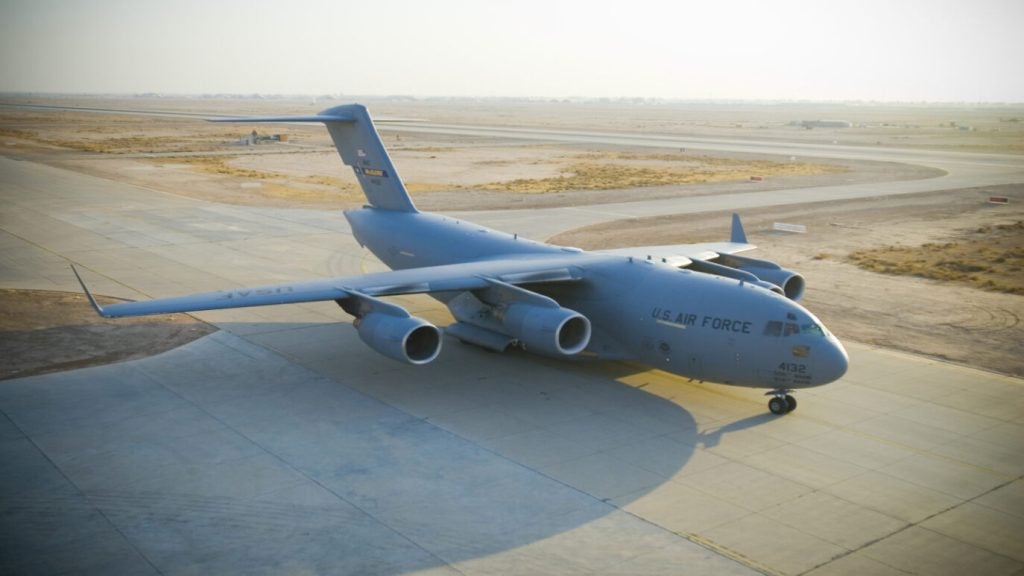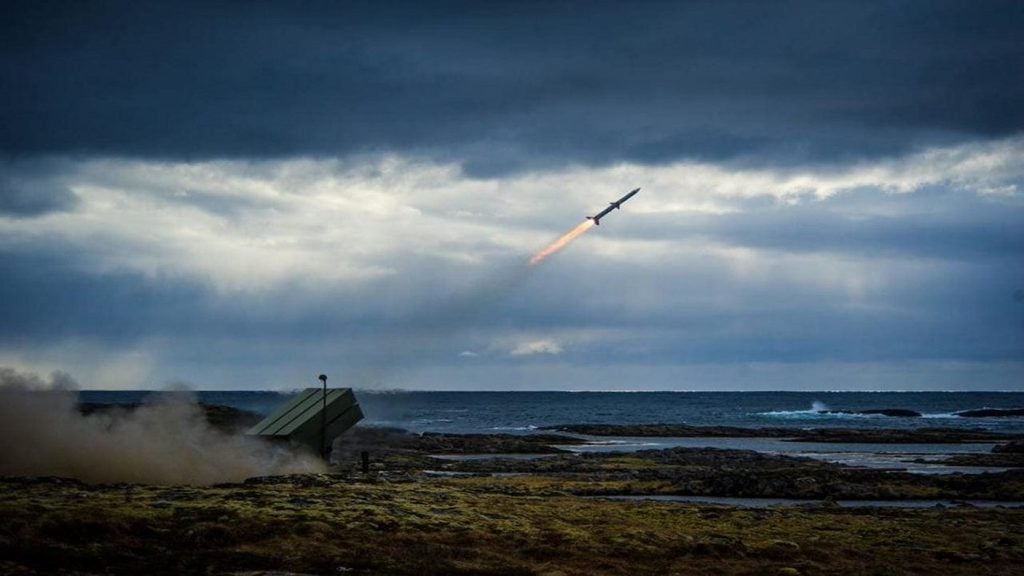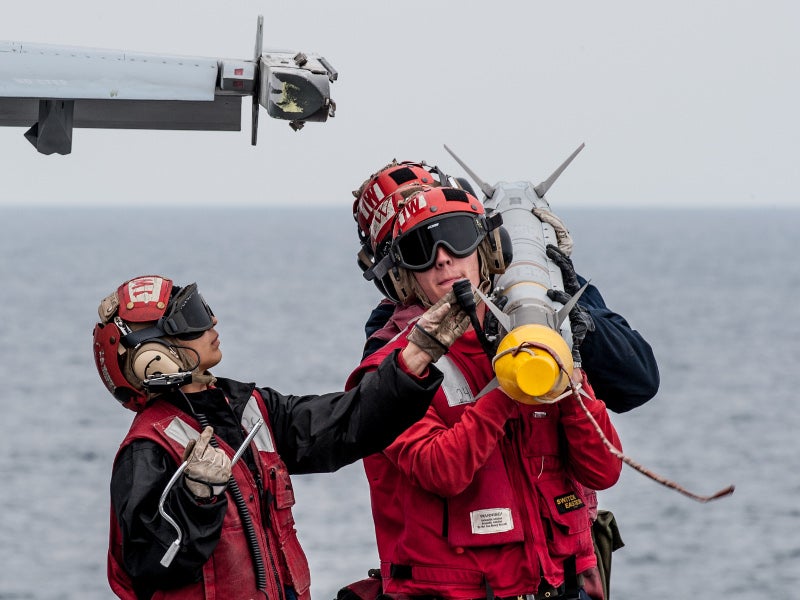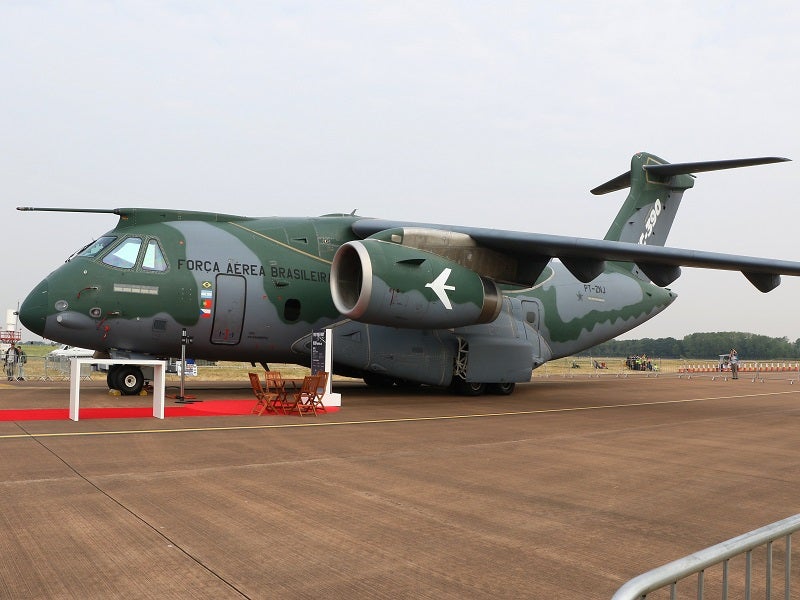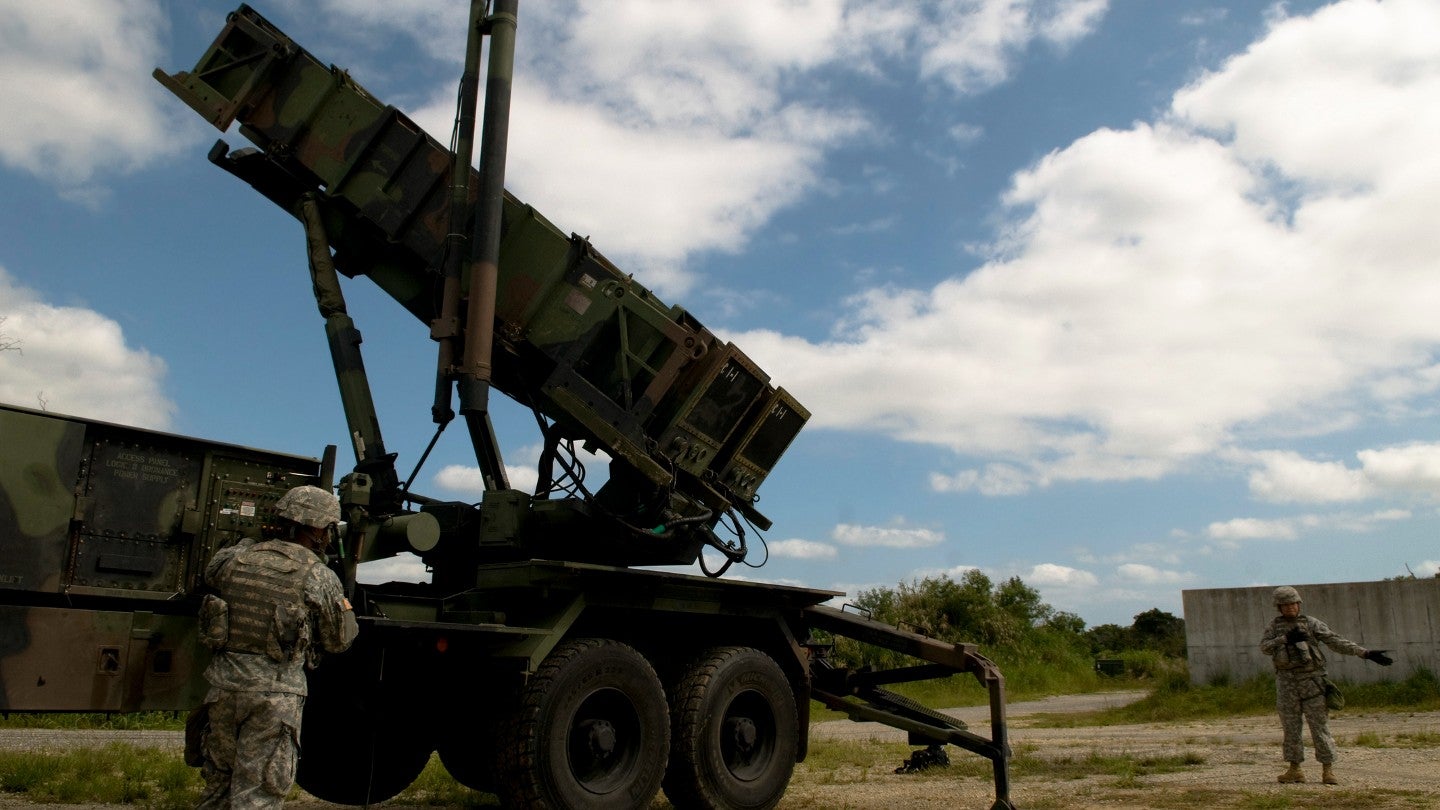
The global missiles and missile defence systems (MMDS) market will rise in value by more than 50% over the next decade, reaching $67.9bn in value by 2033, according to a new report.
Currently worth $45.2bn, the MMDS market will grow at an annual compound rate of 4.2%, GlobalData’s Missile Defence report says.
This rapid growth is being largely driven by heightening geopolitical pressures and ongoing conflict in the Middle East and Ukraine.
Defence company shares have risen dramatically since 7 October 2023, while Wall Street analysts have noted increased profits – reflected in GlobalData’s filings analytics database – as a result of the Israel-Palestine conflict.
What is the current MMDS market landscape?
Alongside war in the Middle East, the Russia-Ukraine conflict has given many nations cause for concern about the efficiency of their own defence systems. Few nations, however, have opted to develop their own missile defence systems due to the complexity and cost.
Instead, market growth has been driven by smaller nations opting to focus efforts on countering immediate threats – or externally source systems from “more established military suppliers”, according to the report.
Examples include Israel’s Iron Dome system, primed to defend against massed low-cost, short-range targets, and Saudi Arabia’s procurement of MIM-104 Patriots to neutralise the threat of longer-range SCUD missile attacks.
In the case of the kingdom, these attacks – often by Yemen’s Houthi rebels – have focused on major cities and critical energy infrastructure.
Both Saudi Arabia and Israel have faced long-range aerial strikes from the Houthis, which on Tuesday (14 November) threatened to attack Israeli ships crossing the Red Sea in response to Israel’s actions in the Palestinian territories.
Saudi Arabia previously convened an Arab-Islamic summit in Riyadh which condemned Israel’s “war crimes” in Palestine and called for a halt in weapons sales to Israel.

From the Middle East to Eastern Europe
Missile defence systems have begun to emerge across Europe. As with Saudi Arabia, the Patriot – produced by Raytheon and Lockheed Martin – has been a popular choice.
Different nations have taken different approaches to Russia’s aggression.
Those with larger economies and defense industrial expertise such as Germany began to expand investments into research and development. Other states such as Poland, Latvia, Lithuania, and Estonia have begun purchasing and importing advanced systems to acquire or reinforce domestic BMD capabilities.
The US has benefitted most from this investment, while defence market leaders including BAE, Leonardo, Lockheed Martin, Northrop Grumman and Rafael are expected to reap the majority of rewards from the 50% projected growth in the MMDS market.
As heightened security risk has driven growth in global defense spending and commercial collaboration between Nato-allied nations.
Under the shadow of Russia and Belarus, the Baltics have been a driver of such growth. In September, Nato members Estonia and Latvia signed a joint procurement agreement to acquire Iris-T air defence systems from Germany.
Our signals coverage is powered by GlobalData’s Thematic Engine, which tags millions of data items across six alternative datasets — patents, jobs, deals, company filings, social media mentions and news — to themes, sectors and companies. These signals enhance our predictive capabilities, helping us to identify the most disruptive threats across each of the sectors we cover and the companies best placed to succeed.



